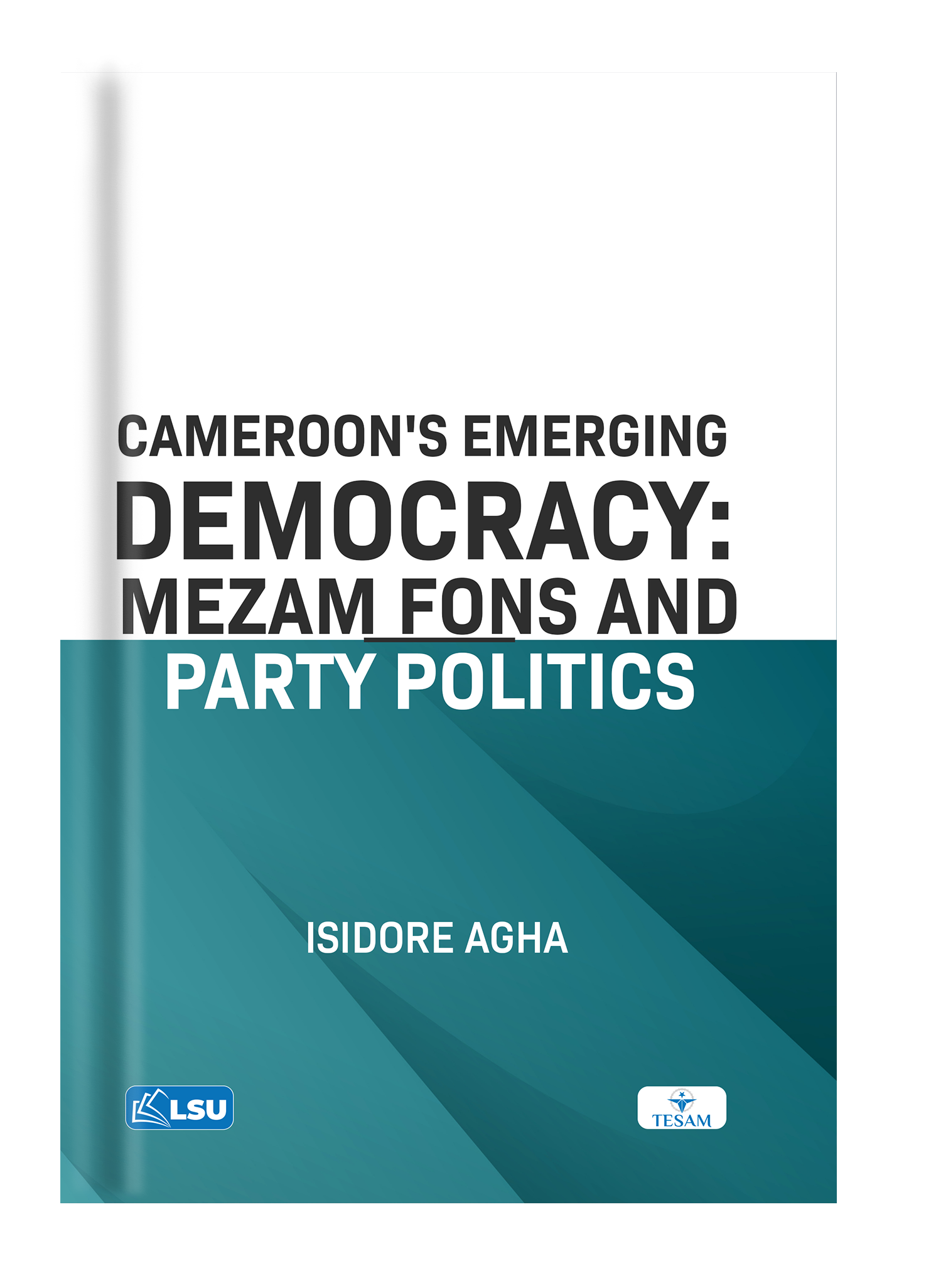TESAM YAYINLARI
Bilgi, İş birliği ve Yaratıcılığın Buluştuğu Nokta
Cameroon’s Emerging Democracy: Mezam Fons and Party Politics
Cameroon’s Emerging Democracy: Mezam Fons and Party Politics
| Editör | ||
|---|---|---|
|
This study explores chieftaincy in Cameroon’s democratic landscape and particularly in Mezam Division of the North West Region. The study seeks to examine why traditional leaders get overtly involved in party politics, what contributions they have been able to make towards the growth of the state’s political process and how such contribution has affected their authority and legitimacy. Drawing from historical analysis, the one-party system minimized political polarization and attacks on the authority and prestige of traditional rulers, since politics was not factionalised or overtly competitive. Informed by systems theory, simple random sampling, purposive sampling and questionnaires, it is proffered here that, the reintroduction of pluralistic democracy in Cameroon has ostensibly demonstrated that traditional leaders and partisan politics are strange bedfellows in the nebulous game of politics. From the three hypotheses tested, the study demonstrates that multiparty encounters in Mezam Division have continued to affect traditional rulers in complex and contradictory ways. Evidence from the study revealed that, the current participation of traditional rulers in party politics raises questions about whom exactly traditional authorities represent and for what purpose. This has served to diminish their authority and legitimacy. The study therefore recommends measures that will reinvent traditional authorities and their accompanying institutions as centres of unity. |
||
| Konular | Peace and Conflict Party Politics Foreign Policy | |

| Tür | Akademik Kitap |
| ISBN | 978-605-71122-6-2 |
| E-ISBN | 978-625-94426-9-3 |
| Yayıncı | TESAM Yayınları |
| Yayın Tarihi | 20.09.2023 |
| Kapak (PDF) | |
SATIN AL
Henüz satın alma bağlantısı eklenmemiş.
